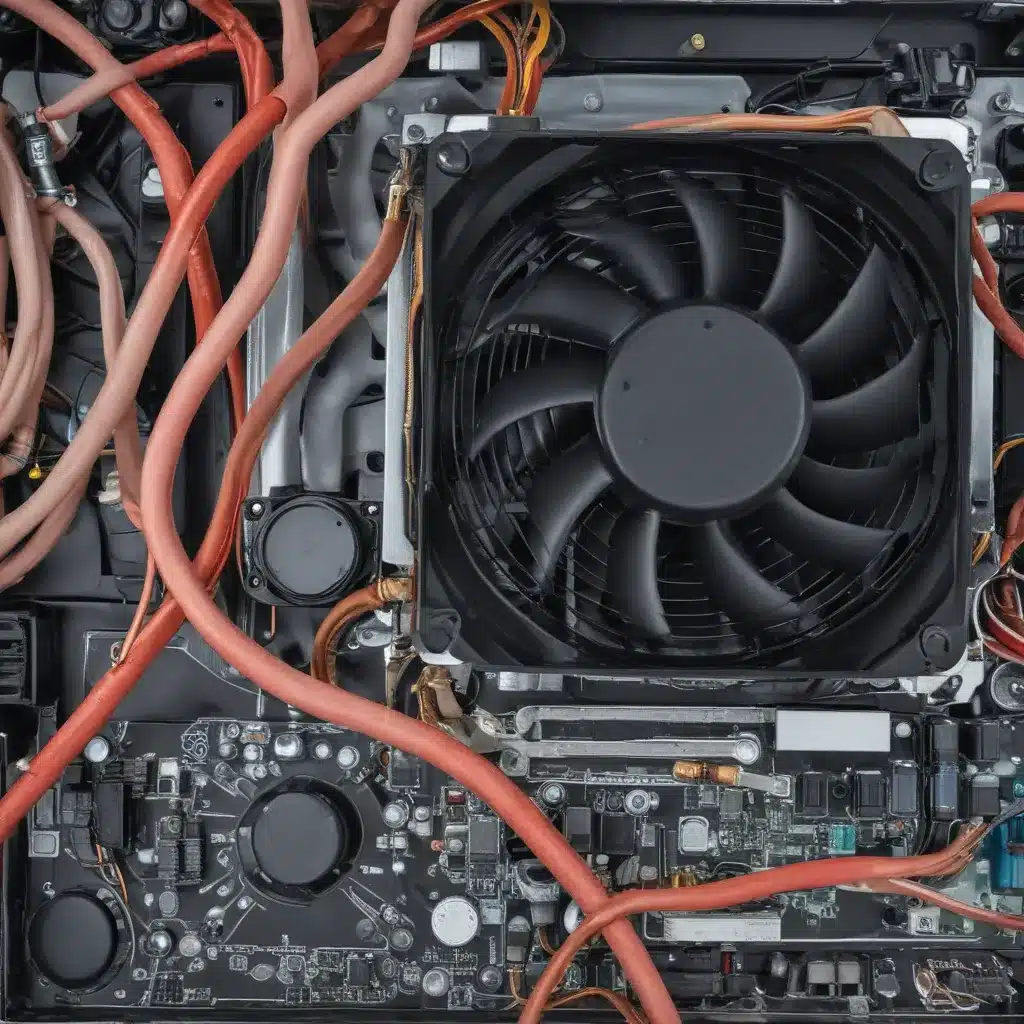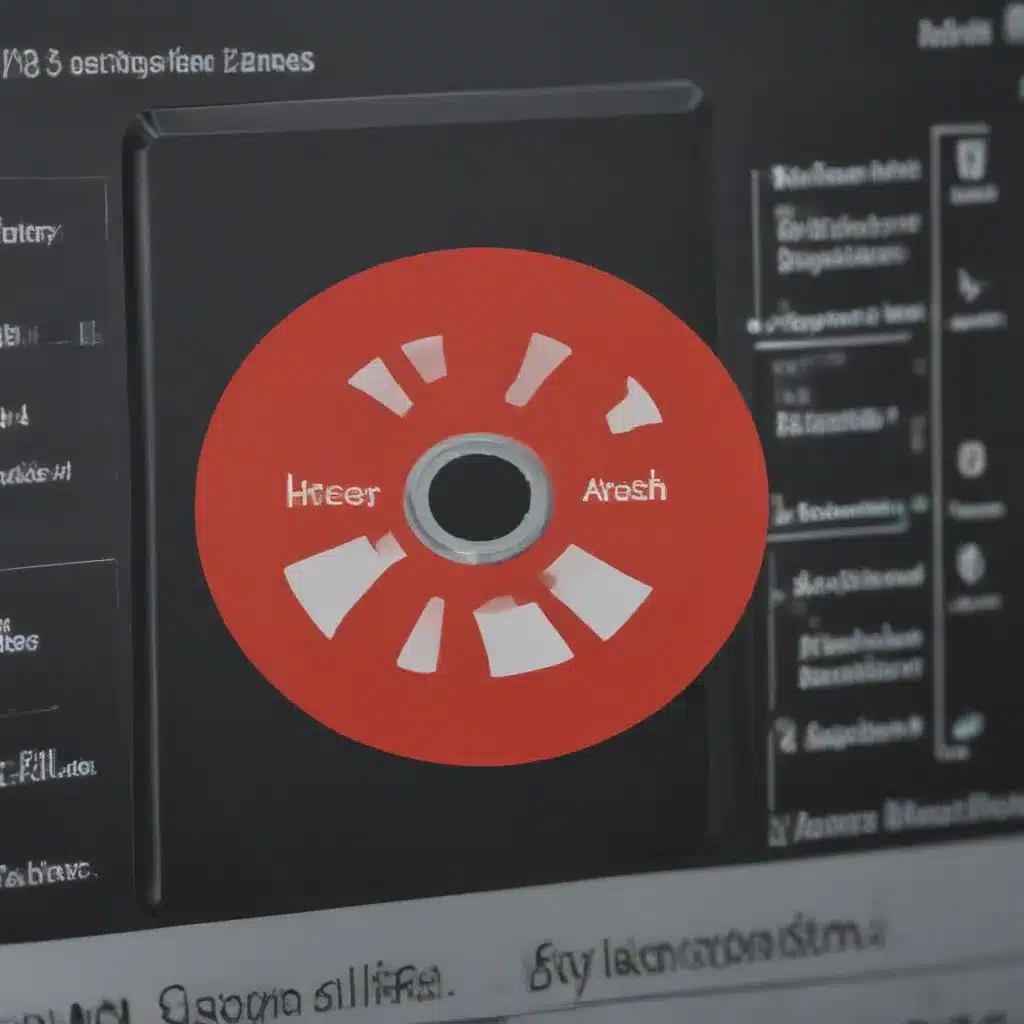Introduction
Artificial intelligence (AI) has immense potential to transform healthcare and improve patient outcomes. As a doctor, I am excited about the prospect of leveraging AI to enhance every aspect of medicine, from accelerating scientific discoveries to automating administrative tasks. In this article, I will provide an in-depth look at the applications of AI in healthcare and how it can lead to better care and outcomes for patients.
Enhancing Medical Discoveries
One of the most promising applications of AI in healthcare is its ability to analyze massive amounts of data to identify patterns and generate new insights. AI algorithms can rapidly scan through millions of data points from clinical trials, medical records, and biomedical literature to uncover correlations that humans could never detect on their own.
For example, an AI system developed by Atomwise was able to screen over one billion chemical compounds and predict which ones could potentially treat Ebola. This analysis would have taken human researchers thousands of years to complete. But with AI, the most promising compounds were identified within days.
AI is also being used to develop new medical imaging analysis techniques. Deep learning algorithms can now review CT scans to identify potential lung cancer nodules with a similar accuracy as experienced radiologists. As these AI imaging tools improve, they could boost our ability to detect cancer and other diseases earlier.
Accelerating Drug Development
Pharmaceutical companies are utilizing AI to accelerate every phase of the drug discovery and development pipeline. AI algorithms can analyze the chemical structures of existing medications to predict new drug candidates. Other techniques like generative AI can automatically generate and test theoretical drug designs.
By rapidly generating and screening drug candidates, AI is enabling pharmaceutical companies to synthesize and test experimental medications much faster than what was previously possible. AI drug discovery platforms have the potential to shorten the typical 10-15 year drug development timeline. Faster drug development means lifesaving therapies can make it to the clinic sooner.
Improving Diagnoses
AI is being incorporated into clinical decision support systems to aid physicians in quickly arriving at accurate diagnoses. For example, AI algorithms can analyze patient histories, lab results, and imaging studies to generate a list of the most likely diagnoses with a quantified level of confidence.
Having these computer-generated differential diagnoses allows doctors to consider all probable causes of the patient’s symptoms, not just the obvious or common ones. This improves diagnostic accuracy, especially for atypical disease presentations.
In addition, natural language processing techniques enable AI systems to extract key medical information from doctors’ notes and test results. This further augments our ability to integrate diverse health data and uncover diagnoses that may have been overlooked.
Optimizing Treatment Plans
Once a diagnosis is made, AI can also help design the optimal treatment plan for each patient. AI decision tools can take into account clinical practice guidelines, real-world treatment outcomes, emerging research, and the patient’s medical history to predict the therapies most likely to improve their condition.
AI-powered treatment recommendation systems allow doctors to evaluate multiple personalized treatment options, complete with projected risks and benefits, for a given patient. This enables physicians to select evidence-based, individually-tailored treatment plans for each person under their care.
Improving Surgery and Procedures
AI technologies like machine learning and computer vision have the potential to significantly improve surgical outcomes. Autonomous surgical robots that can conduct operations with greater precision than humans are already being tested.
AI-guided robotic surgery systems have built-in safeguards to alter the surgeon’s movements if their actions could endanger the patient. This prevents accidental damage to vital anatomical structures.
Other promising applications include using AI algorithms to analyze surgical videos and identify the most efficient or safest techniques. Surgeons can then review this curated footage to refine their skills.
Monitoring Patients Remotely
Wearable sensors and medical devices connected to AI systems allow patients to be continuously monitored from anywhere. AI algorithms can analyze real-time vital sign data, lab results, activity levels, and other variables from remote patients to flag any abnormal changes.
If the AI detects potentially dangerous complications, it can immediately notify physicians. This enables doctors to intervene early before medical emergencies occur. Remote patient monitoring with AI reduces hospital readmissions, improves outcomes, and saves lives.
Conclusion
In summary, AI is poised to revolutionize nearly every area of medicine by augmenting human capabilities and allowing more efficient, personalized, and evidence-based healthcare. Although still in its early stages, applied thoughtfully, AI can help improve patient outcomes by accelerating discoveries, optimizing treatment, and enhancing medical procedures. As a doctor, I am excited to incorporate these technologies into my practice to provide better care for all of my patients.













